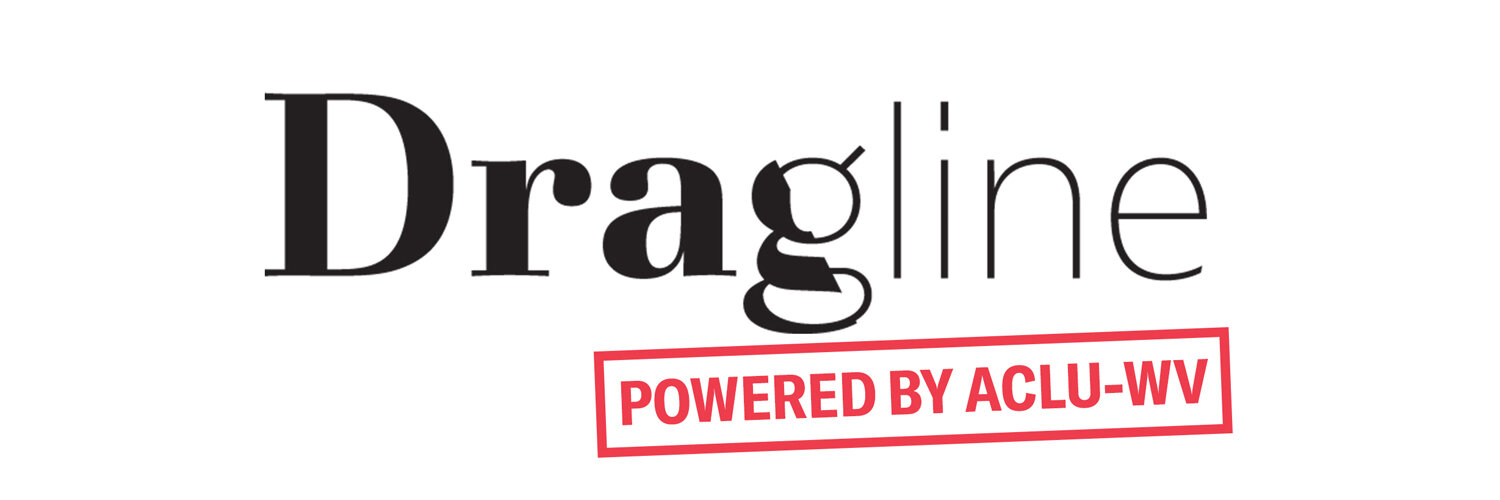W.Va. courts are unconstitutionally barring access to public hearings due to Covid-19
A Dragline survey found that the majority of lower courts in West Virginia aren’t allowing citizens, including the media, to attend public hearings.
The West Virginia state capitol building houses the West Virginia Supreme Court. (Photo/CEPR)
Aug. 12, 2020 • Written by Kyle Vass; Edited by Lacey Johnson
HUNTINGTON, W.Va. (Dragline)—Citizens and the media are being barred from attending public hearings in all but nine of West Virginia’s 55 counties due to Covid-19, according to a recent Dragline survey of 110 magistrate and circuit courts. The West Virginia Supreme Court of Appeals (WVSCA) and the ACLU say the move violates the public’s right to observe court proceedings.
Representatives at multiple courts said the Supreme Court of Appeals ordered the lower courts to bar public access for the duration of the pandemic, but WVSCA’s public information officer, Jennifer Bundy, said there was no mandate issued by her office.
“Public hearings are public hearings. Period,” said Bundy. “If it’s a matter of access, they should just hold hearings over Skype. Shortly after the pandemic started, the [West Virginia] Supreme Court saw to it that all magistrates have laptops for this very reason.”
WVSCA Magistrate Manager Olubunmi Kusimo-Frazier, who oversees all of the magistrate courts in the state, agreed. “If they cannot safely allow the public into courtrooms, they can hold court via Skype or telephone and grant public access to listen in. But, they cannot flat out deny you access to the hearings,” she said. “It’s your right to attend public hearings.”
Many of the lower courts contacted by Dragline seemed to be unaware that their policies were in conflict with the WVSCA. A magistrate clerk at the Cabell County courthouse told Dragline: “We’re essentially 55 islands who are allowed to make our own decisions about who we let into the courts,” referring to West Virginia’s 55 counties.
Cabell County’s chief magistrate, Mike Woelfel, later apologized to Dragline for the error, saying there had been miscommunication between the courts and the Cabell County Sheriff's Department. He said his court cannot and will not bar the public or members of the media from attending public hearings.
With three county court systems closed at the time of publication, Dragline contacted magistrate and circuit courts in the remaining 52 counties, asking about their current policies on allowing the public to attend hearings. According to the courts that answered the survey, circuit courts were split with approximately half of the courts saying they would allow public access to hearings. Magistrate courts overwhelmingly (32-19) said they were barring anyone not directly involved in a case from attending hearings, including the media.
Typically, the only hearings that aren’t open to the public are drug court hearings, domestic violence hearings and any hearings involving minors. The vast majority of circuit and magistrate court cases are open to the public as a First Amendment right.
“The public right to access the courts is a fundamental right, and although there is a legitimate public health concern with the pandemic, it’s an unconstitutional infringement on that right to close the courtroom doors without providing an alternate option for the public that would allow them to observe hearings that that they would be entitled to observe otherwise,” said Loree Starks, the legal director for the ACLU of West Virginia.
Loree Stark is the legal director for the ACLU of West Virginia. (Photo/ACLU)
This right adds a layer of accountability, says Court Watch NYC organizer Zoë Adel. “What we've seen over the past few years is that our presence really does matter,” she told a reporter for the Marshall Project. “It changes people's behavior—judges set lower bail—when they know court watchers are watching and they're being held accountable.”
Adel’s opinion echoes a 1984 decision by the U.S. Supreme Court (Waller v. Georgia), wherein the court determined, “The requirement of a public trial is for the benefit of the accused; that the public may see he is fairly dealt with and not unjustly condemned, and that the presence of interested spectators may keep his triers keenly alive to a sense of their responsibility and to the importance of their functions.”
At the request of the WVSCA, Dragline shared the results of the lower courts survey with its public information officer. After receiving the database, Bundy said the WVSCA “will continue to work with courts throughout West Virginia to ensure such access.” In the meantime, she encouraged members of the public and the media who want to attend public hearings to call the courts ahead of time to ensure they will be granted access.


